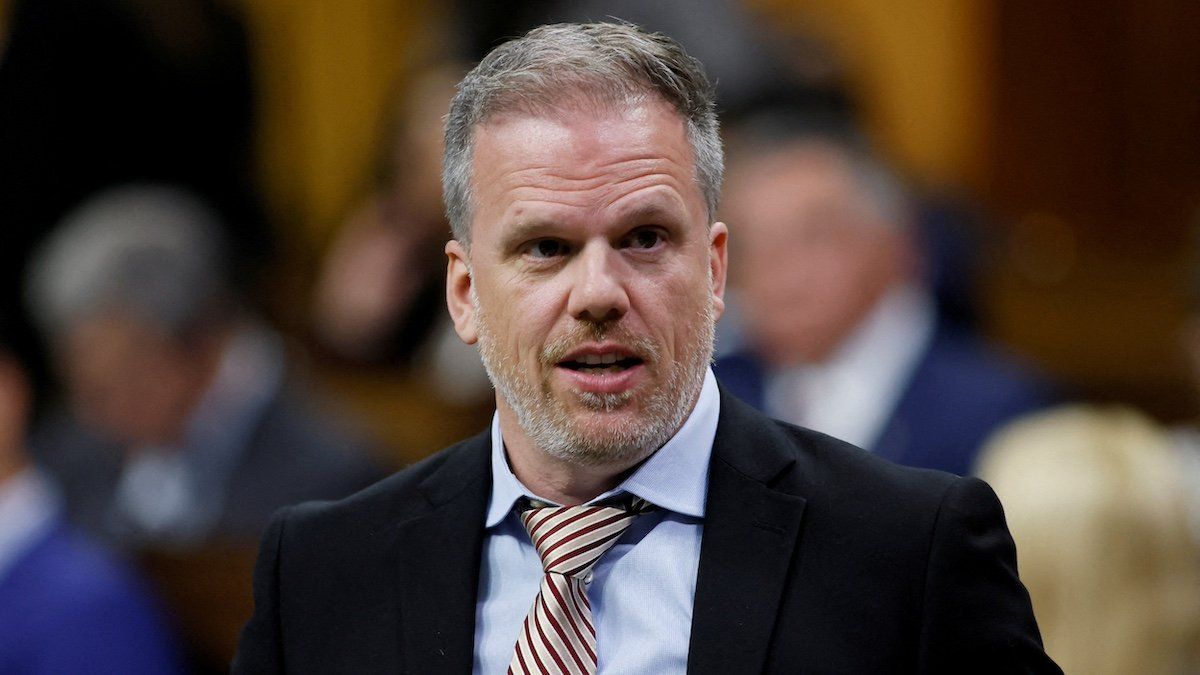In most US states, medically assisted suicide remains illegal, with only 11 jurisdictions offering legal medical aid in dying for the terminally ill. In Florida, there is a charge of manslaughter for anyone assisting another person “self-murder.”
As such, it must seem utterly bizarre to many Americans that Canada was on the brink of legalizing medically assisted dying for people with mental illness, which would have made it one of the most liberal euthanasia regimes in the world.
At the insistence of the courts, Canada legalized assisted death in 2016 for people with terminal illnesses and expanded it to people with incurable but not terminal illnesses in 2021. As part of that expansion, a provision to cover people whose only underlying condition is mental illness was included, but its implementation was delayed until this coming March 17. In the meantime, a special joint committee of members of Parliament and appointed senators was asked to verify that the health system is ready to safely apply medically assisted dying for the mentally ill.
That committee reported back this week that Canada is not ready, and according to expert witnesses may never be ready to institute such a regime. The central sticking point was less about logistics and more about ethics. The concern of many expert witnesses is the nature of mental illness.
“The committee heard it is difficult, if not impossible, to accurately predict the long-term prognosis of a person with a mental disorder,” the report concluded.
According to one witness, Dr. K Sonu Gaind, chief of the department of psychiatry at Sunnybrook Health Sciences Centre in Toronto, there is evidence that clinicians’ predictions are wrong one-half of the time.
Preparations to introduce medically assisted dying for those with mental disorders will continue, but the committee heard a majority of psychiatrists are not in favor of the expansion.
Nor, for the moment, is the federal government.
Mark Holland, the health minister,
introduced legislation today that will push back the implementation three years, to March 17, 2027.
